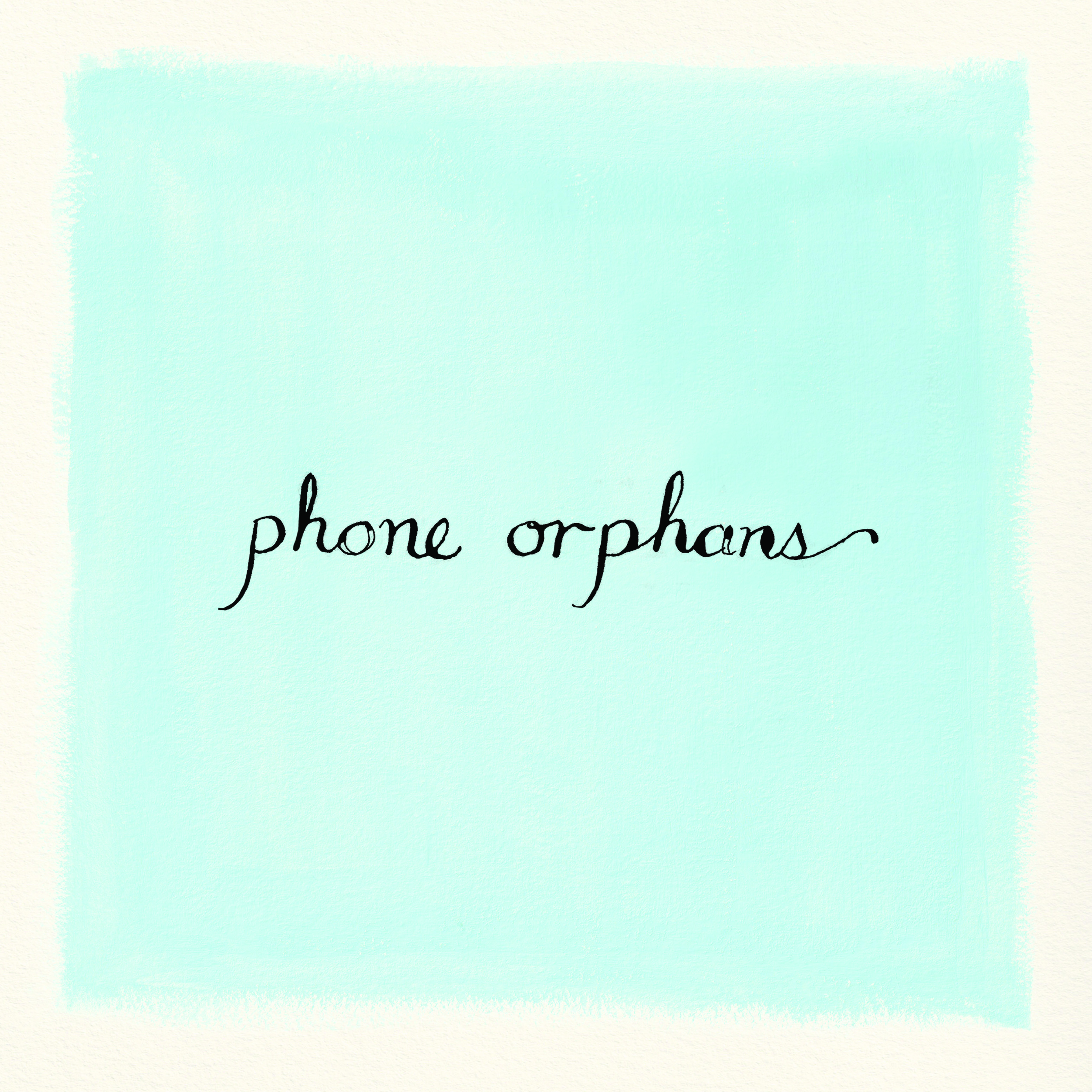Laura Veirs
Laura Veirs lives now in a little century-old bungalow, tucked quietly off the street in her longtime town of Portland, Oregon. She writes songs there in the living room, its old wooden floor offering a reverberant reply. Veirs used to write in the attic of the much larger foursquare-style home she shared in Portland with her musical partner and husband, at least until they split four years ago. Perhaps you remember the sound of that relationship cracking during 2020’s My Echo? Better still, perhaps you know Veirs’ stepwise sublimation of that process from 2022’s redemptive Found Light, an album about what comes after what once might have felt like the end. Her homespun songs have shared her story, intimate and elegant.
Those two very different domestic settings became the de facto studios for the playfully named Phone Orphans, Veirs’ remarkable 13th solo album, a 14-track clutch of self-recordings that she culled from more than 900 unreleased voice memos made in less than a decade. But this is not, it should be said now, merely an odds-and-sods assortment of outtakes and castoffs; these are merely first takes of songs that previous producers decided did not belong on Veirs’ past records. But they now hang together beautifully, an intricate portrait of a life captured in the sharp images and soft melodies that have become Veirs’ touchstones.
The process was simple and iterative. Veirs would put her phone on the table, press ‘Record’ on its most basic app, and pick and sing inside the place she called home. She would sometimes try entirely new arrangements for the same words or vice versa, creating a web of alternates. When the song was good enough for Veirs, she would transcribe it into the stack of more than a dozen three-ring binders that now fill a full kitchen shelf, immortalizing it for herself. To make Phone Orphans, Veirs listened back to the mass of songs that never left that shelf, steadily shaping these 35 minutes that alternately feel as light as a breeze and heavy as an incoming storm. The quick volume boost of mastering excepted, they are unaltered from their original state.
Veirs’ albums have long been open and candid affairs, singing listeners straight into her orbit even through moments of coded poetry. But Phone Orphans reveals an even deeper layer, eschewing the artifice of arrangement and studio production to say, bluntly, here is the thing. This is the first time in a career that has spanned a quarter-century that Veirs has selected and arranged all of her own songs on a record. (She also painted the album’s cover art for the first time.) It feels not unlike hearing Connie Converse or Molly Drake for the first time, how they were both delighted and daunted by the act of committing these ideas to tape.
There is so much emotional terrain here. New lust ripples out of the winning “Next One, Maybe,” about an unrequited rock-star crush, and “If You Could Hold Someone,” a lullaby for a pandemic lover that is so tender and close it thrills like fingertips brushing naked skin. Abiding family love links “Rocks of Time” and “Tree Climber.” The first is a seesawing ode to Laura’s older brother, Scott, a one-person support network who never fails; it is for the person in your world who always seems to be there, holding your newborn or your old burdens or whatever else it is you need to share. And “Tree Climber” is for the son who races up high to find perspective, peace, and imagination, looking out at “green hills and sparrows to infinity.”
Veirs shares a sweet but tragic family story with “Valentine,” the tale of a late grandfather who succumbed to schizophrenia. It is a charitable and grateful rendering, remembering him more for what he made than what he became. There is loss, hope, dreams. And there are stunning covers (an a cappella rendition of Rosalee Sorels’ “Up Is a Nice Place to Be” quakes) and imaginative instrumentals, reminders of the pleasure that merely passing time with music can provide.
By the time Phone Orphans ends, a miniature memoir has emerged, Veirs capturing the highs and woes of our shared existence, even when it feels isolating. She has often sung about the transient nature of being, how we all have a short time to spend anywhere. But opener “Creatures of a Day” is about as clear-eyed as it gets on these questions of how to live well despite knowing how poorly it might end. “I know the challenge is to live with open lids,” she sings, the complicated 5/4 guitar pattern beneath her fingers a testament to decades of work. “Behold all the pain around and let it in somehow.” It’s a moment that makes you swallow hard and then try to smile.
Since Veirs finished compiling Phone Orphans, she has not written a new song, not added anything to that rainbow of binders. And, frankly, she doesn’t know if she will. At the edge of 50, there are other interests to pursue, especially the painting that’s become such a crucial part of her artistic output in recent years. Who knows? In any case, Phone Orphans represents a certain closure with the past, of rifling through the things that others said weren’t good enough and replying to the contrary. It is a stunning album of so-called misfits, a deeply felt trove of treasures once relegated to trash.



